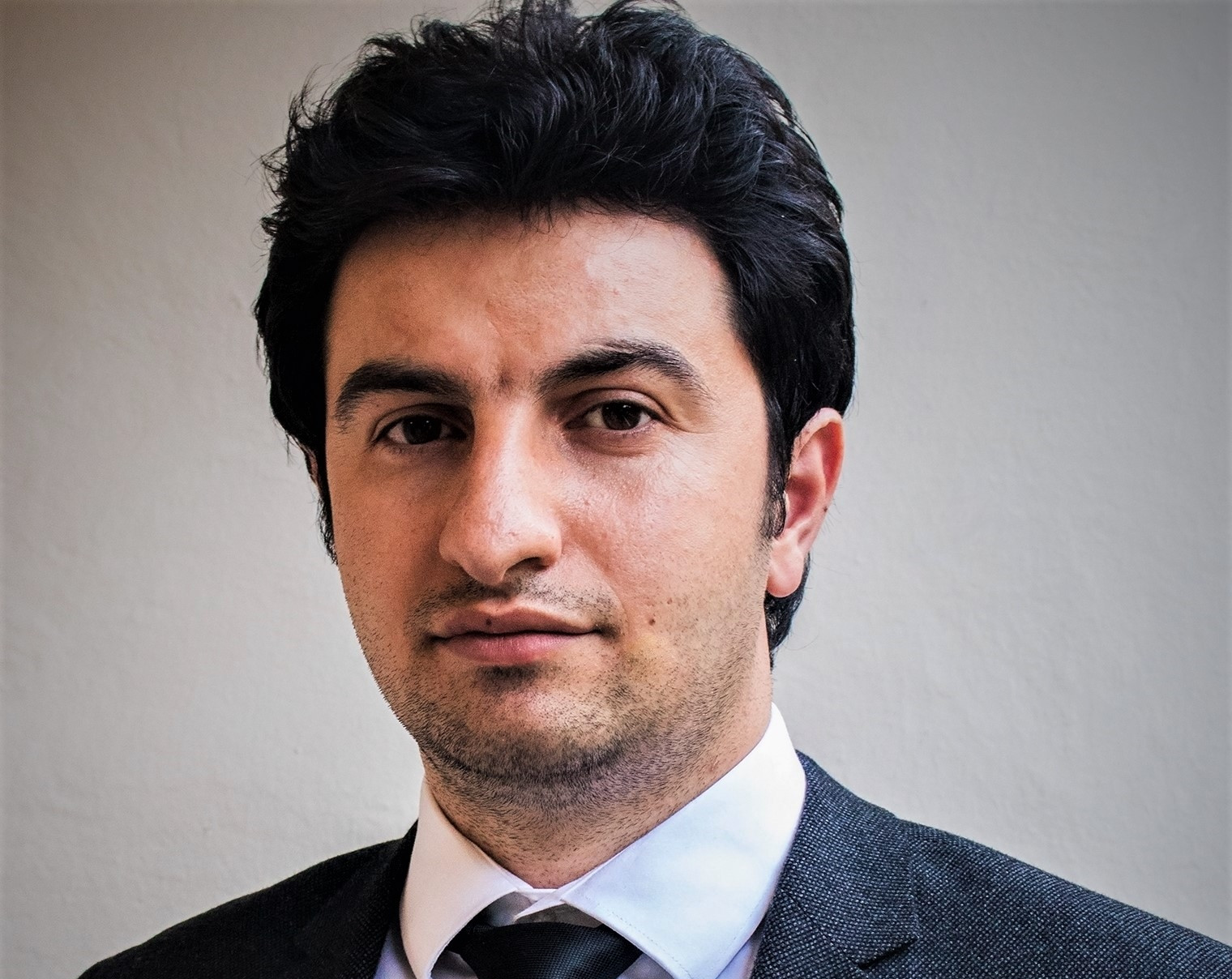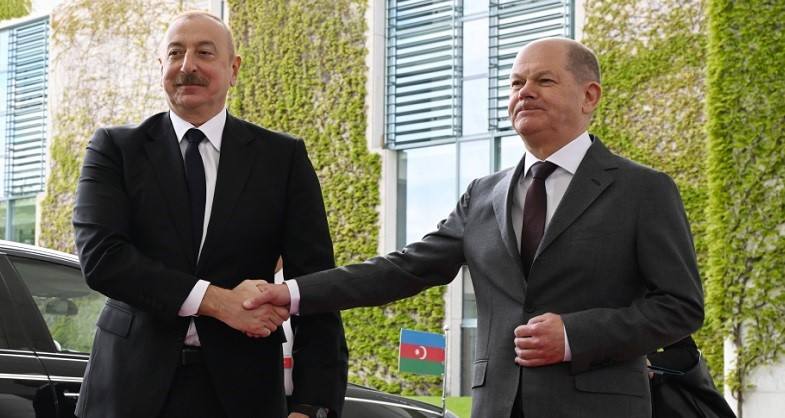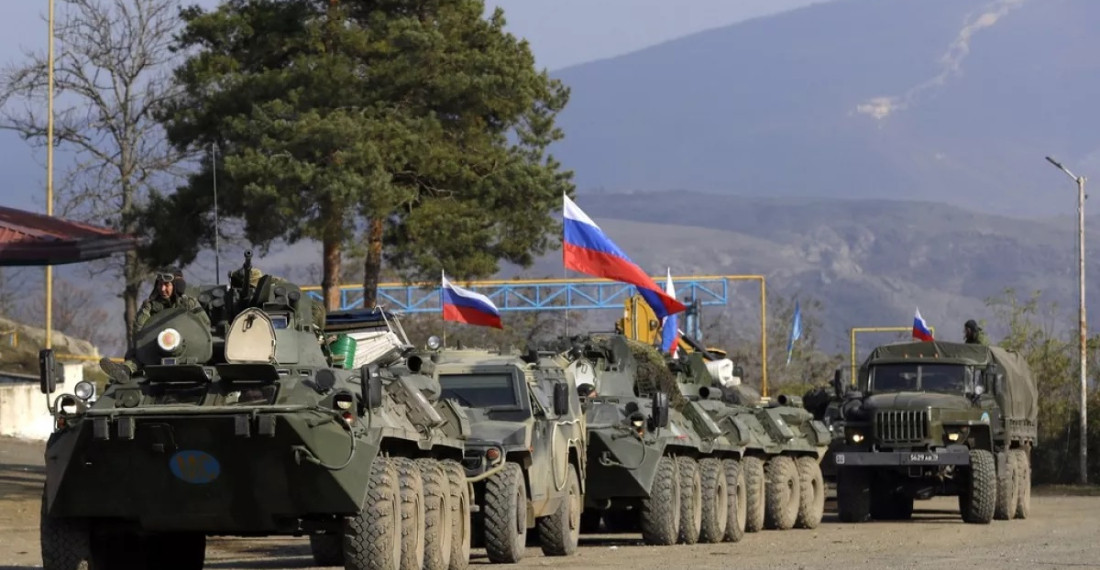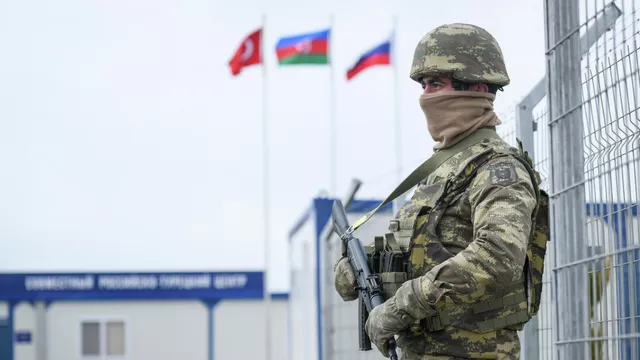From March 17 to 19, Jens Stoltenberg, secretary-general of the North Atlantic Treaty Organization (NATO), embarked on his first tour of the South Caucasus, visiting Georgia, Armenia, and Azerbaijan (NATO, March 19). During this tour, he engaged with each country’s political leadership. In Azerbaijan, he also met with the defense and foreign ministers. Stoltenberg’s visit occurred amid deteriorating relations between Russia and Armenia, an ongoing stalemate in the Armenian-Azerbaijani peace process, and political uncertainty in Georgia before parliamentary elections in October 2024 (see EDM, March 19, 21). Each one of these situations points toward the possibility of renewed confrontation and prolonged instability in the South Caucasus.
No major agreements or announcements were made during Stoltenberg’s trip, but the timing and context of the visit are of great importance. According to local political analysts, the NATO chief’s tour of the South Caucasus aimed to expound on the regional countries’ positions on pressing geopolitical issues, including Russia’s war against Ukraine, Armenian-Azerbaijani relations, and the Georgian Dream government’s move toward more pro-Russian policies (see EDM, March 19). Moscow closely observed the tour and interpreted it as “another manifestation of the attempt to pull the countries of the South Caucasus into the zone of a Euro-Atlantic alliance” (RBC, March 19; News.am, March 20).
For the Kremlin, Russia’s centuries-old hegemony in the South Caucasus is at stake. Armenia is attempting to reduce Russian influence and align more closely with the European Union and NATO. The associated risks for regional security signify fundamental power shifts in a region that Moscow views as its sphere of influence.
A couple of weeks before Stoltenberg’s visit, Armenian Prime Minister Nikol Pashinyan announced the suspension of his country’s participation in the Russian-led Collective Security Treaty Organization. He did not rule out leaving the alliance altogether (RBC, March 12; see EDM, March 14). This was coupled with the Armenian government’s announcement of the withdrawal of Russian border guards from Armenia’s Zvartnots International Airport near Yerevan by August 1 (Asbarez.com, March 12; see EDM, March 14). Additionally, Armenian banks announced they would stop processing payments with Russian Mir cards beginning March 30 (Armeniasputnik.am, March 19; 1lurer.am, March 20). Russia’s National Card Payment System issues the cards, which have served as an alternative for Russian tourists since March 2022 after Visa and Mastercard suspended their networks in response to Moscow’s invasion of Ukraine.
On March 21, two days after Stoltenberg’s visit, Yerevan announced that Pashinyan would meet with European Commission President Ursula von der Leyen and US Secretary of State Antony Blinken in a trilateral meeting on April 5 (Armenpress.am, March 21). This would be the first meeting of its kind for Armenia, highlighting its break from Russia and quest for a Western security umbrella. Von der Leyen was the first to announce this meeting on October 5, 2023, in Granada, on the sidelines of the European Political Community summit (Neighbourhood-enlargement.ec.europa.eu, October 6, 2023). Armenian Security Council Secretary Armen Grigoryan said the meeting “aims to strengthen Armenia’s resilience” (Armenpress.am, March 21).
The same week, Pashinyan raised the issue of returning four “non-enclave” border villages to Azerbaijan as part of the border delimitation process between the two countries (see EDM, November 28, 2023). On March 18, he said that a failure to meet Baku’s demands would “mean a war will break out at the end of the week” (Asbarez.com, March 19). Since Azerbaijan has previously denied any plans or preparations for a war against Armenia, this and other similar statements by Armenian officials are seen as an attempt at political manipulation (Report.az, October 11, 2023; Facebook.com/farhad.mammadov.35, March 22).
Baku has become increasingly concerned with the encroachment of Russian-Western hostilities into the South Caucasus and is trying to avoid becoming entangled in these rivalries (see EDM, November 27, 2023). Azerbaijan seeks to maintain its traditional balancing act between major powers by developing friendly relations with all sides on equal footing. For example, during their joint press conference in Baku, Stoltenberg and Azerbaijani President Ilham Aliyev praised the 30-year cooperation between Azerbaijan and NATO and the former’s contributions to NATO operations in Afghanistan and Kosovo (Natomultimedia.tv, March 17). Baku is interested in maintaining this foreign policy approach and is cautiously following the developments between Armenia and Russia.
The Azerbaijani government strives to keep these hostilities at bay while supporting Ukraine’s territorial integrity and providing Kyiv with humanitarian aid, which has exceeded $34 million (Trend.az, March 5). “Our support for Ukraine’s territorial sovereignty and integrity is unshakable and will not change. We, as a country that suffered from occupation, understand your situation perfectly and wish peace to Ukrainians and Ukraine,” Aliyev said to Ukrainian President Volodymyr Zelenskyy in their meeting on the sidelines of the Munich Security Conference on February 17 (Ukrainska Pravda, February 17).
Stoltenberg’s visit to the South Caucasus took place amid unprecedented shifts and tensions in the region’s geopolitical landscape. Armenia’s pursuit of closer ties with the West at the expense of the country’s alliance with Russia, Azerbaijan’s commitment to a “multi-vector” foreign policy approach, and Russia’s concerns over Western encroachment underscore the complexity of these regional dynamics. If tensions persist and escalate, the region appears to be headed for renewed confrontation and instability in the near future.
https://jamestown.org/program/geopolitics-of-the-south-caucasus-intensifies/







